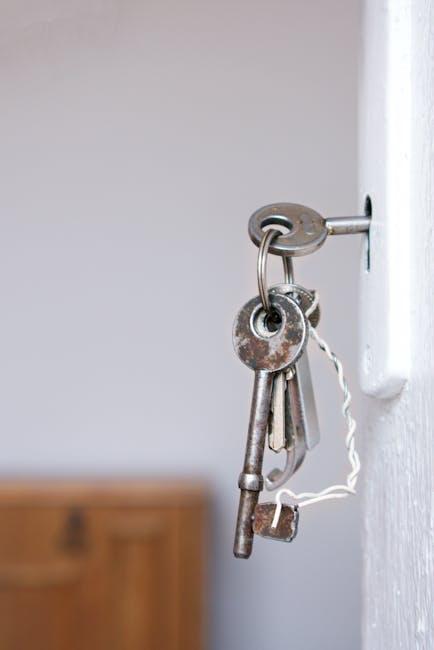Finding yourself standing in front of a stubborn garage door that refuses to budge can be a frustrating experience. Whether you’re rushing to get to work or simply trying to bring in the groceries, a garage door that won’t open disrupts your routine and raises an important question: who should you call for help? While locksmiths and garage door technicians both specialize in unlocking solutions, their expertise and tools differ significantly. Understanding when to call a locksmith versus a technician can save you time, money, and unnecessary stress. In this article, we’ll explore the key differences between these professionals and guide you through making the right choice when your garage door is stuck shut.
Table of Contents
- Understanding the Common Causes Behind Garage Door Failures
- Identifying When the Issue is Lock-Related
- Recognizing Problems That Require a Technician’s Expertise
- Evaluating Safety Risks and Urgency of the Repair
- Guidelines for Choosing Between a Locksmith and a Garage Door Technician
- Q&A
- Wrapping Up

Understanding the Common Causes Behind Garage Door Failures
Garage doors can unexpectedly refuse to open for a variety of reasons, often stemming from mechanical or electronic malfunctions. Common culprits include worn-out springs, which lose tension over time, and broken cables that impede smooth movement. Misaligned tracks are another frequent issue, causing the door to jam or move unevenly. Additionally, sensor problems can interfere with the door’s safety mechanisms, making it resistant to opening commands.
Some issues are straightforward to diagnose while others may seem perplexing even to experienced homeowners. Typical causes include:
- Remote control or keypad failures due to battery depletion or signal interference
- Motor and gear system breakdowns from overuse or lack of maintenance
- Obstructions in the track, like debris or rust buildup, restricting movement
| Cause | Symptoms | Requires |
|---|---|---|
| Broken Spring | Door won’t lift or feels heavy | Technician |
| Faulty Keypad | Unresponsive keypad or keypad errors | Locksmith |
| Damaged Motor | No sound or movement when activated | Technician |
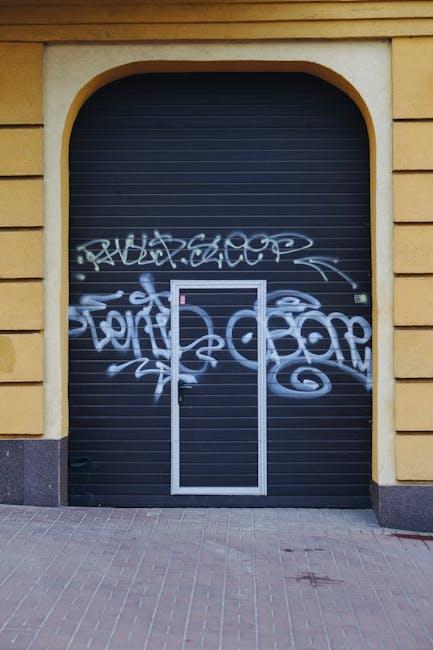
Identifying When the Issue is Lock-Related
Before calling in professional help, it’s crucial to determine whether the problem lies with your garage door’s locking mechanism. One clear sign is if you find the door physically stuck even when the opener is functioning properly. Jammed locking bolts or a broken lock cylinder can prevent the door from sliding or lifting smoothly. You might also notice difficulty in manually turning the lock or hear unusual grinding noises when attempting to unlock it. These symptoms suggest that your issue revolves around the lock rather than mechanical components like springs or tracks.
Here are some easy ways to narrow down a lock-related trouble:
- The door won’t budge despite remote or wall control activation.
- The key won’t turn, or the lock feels loose and wobbly.
- Visible damage or rust on the locking parts.
- An electronic lock fails to respond or repeatedly resets.
When any of these occur, a locksmith specializing in garage locks should be your first call. They can quickly diagnose issues such as broken tumblers or rekeying needs, saving you from unnecessary expenses on mechanical repairs that a technician would address.
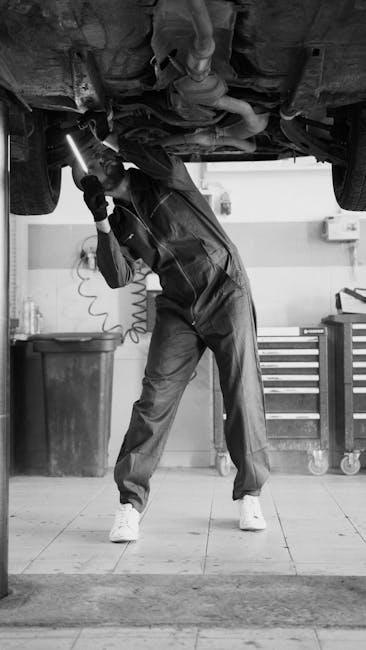
Recognizing Problems That Require a Technician’s Expertise
When your garage door refuses to respond, pinpointing the root of the issue is key to deciding whether to summon a locksmith or a technician. Problems linked to the mechanical or electronic operational components – such as the springs, cables, motor, or sensors – clearly lean towards a technician’s territory. These experts are equipped with the tools and knowledge to handle intricate repairs or replacements, ensuring your door opens and closes smoothly and safely.
On the other hand, issues related to locks, keys, or security systems typically require locksmith intervention. However, certain symptoms provide a clear sign that only a technician should take the lead:
- Garage door opener emits unusual noises or fails entirely
- Door misalignment causing it to get stuck or jam
- Broken or stretched springs posing safety risks
- Faulty sensors disrupting automatic closing mechanisms
| Issue | Technician Needed | Reason |
|---|---|---|
| Broken Spring | Yes | Safety and tension adjustments require expertise |
| Key Won’t Turn | No | Locksmith specialization |
| Sensor Malfunction | Yes | Involves complex electronics troubleshooting |
| Lost Garage Door Remote | No | Typically handled by locksmiths or security providers |
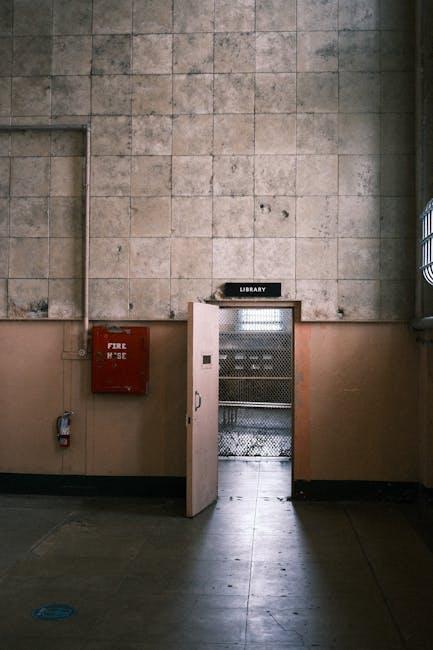
Evaluating Safety Risks and Urgency of the Repair
When faced with a garage door that refuses to open, the first step is to assess the potential safety risks associated with the malfunction. Issues such as a door stuck halfway, broken springs, or exposed wiring can pose immediate dangers. In these cases, attempting a DIY fix can be hazardous, increasing the risk of injury or further damage. Prioritize your safety by examining whether the door is secured and if any components appear visibly damaged or unstable. If the door’s movement feels jerky or uncontrolled, this is a key indicator that professional intervention is urgent.
Determining the urgency of the repair can be simplified by considering a few critical factors:
- Immediate containment: Is the garage door fully closed, ensuring security against unauthorized access?
- Structural integrity: Are springs or cables broken, or is the door hanging unevenly?
- Electrical concerns: Are sensors or the opener making unusual noises or failing to respond?
If any of these issues are present, it’s wise to contact a technician without delay, especially for mechanical or electrical problems that require specialized equipment. However, if the door is simply jammed or the lock is malfunctioning without visible hazards, a locksmith might be the best first call to swiftly restore access while keeping risks minimal.
| Symptom | Risk Level | Recommended Professional |
|---|---|---|
| Broken springs or cables | High | Technician |
| Locked door with intact mechanism | Low | Locksmith |
| Unresponsive opener and sensors | Medium | Technician |
| Door stuck halfway but no visible damage | Medium | Technician or Locksmith (based on issue) |
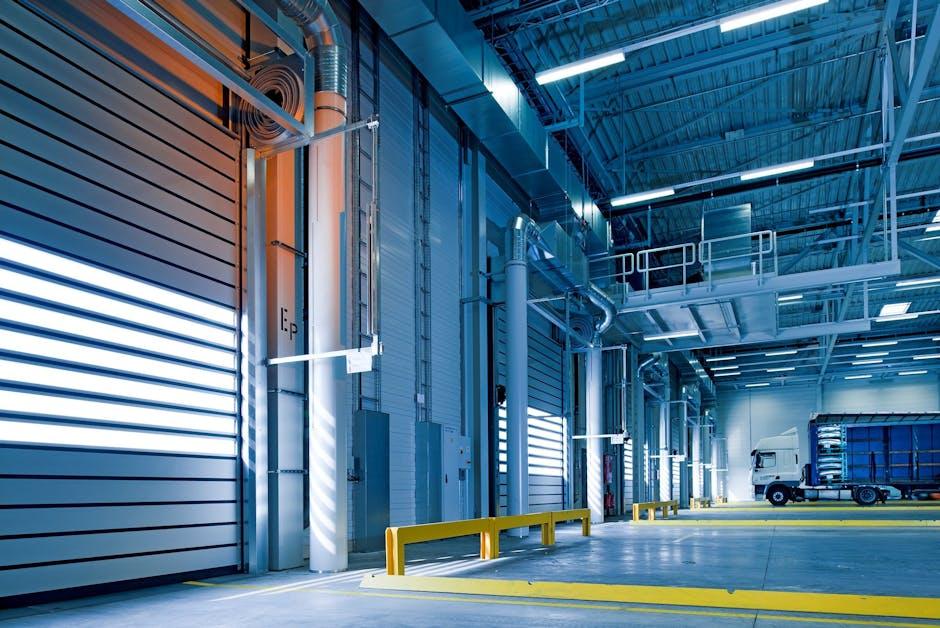
Guidelines for Choosing Between a Locksmith and a Garage Door Technician
When deciding who to call for a stubborn garage door that refuses to budge, it’s essential to identify the root of the problem. Locksmiths specialize primarily in lock-related issues-think broken locks, lost keys, or jammed locking mechanisms. If your door won’t open because the key is stuck, lost, or the lock is damaged, a locksmith is your best bet. Their expertise lies in security hardware, key cutting, and lock replacements, ensuring that you regain access without compromising safety. They can also assist in rekeying locks or installing advanced security systems if needed.
On the other hand, garage door technicians handle mechanical and electrical problems that go beyond just the lock. Issues like malfunctioning openers, broken springs, damaged panels, or misaligned tracks fall squarely into their skill set. These professionals are equipped to diagnose, repair, and maintain the full spectrum of garage door hardware and motorized components. Below is a quick reference to help you understand who fits best in different scenarios:
| Problem | Locksmith | Garage Door Technician |
|---|---|---|
| Key stuck in lock | ✔ | ✘ |
| Motor not working | ✘ | ✔ |
| Broken lock mechanism | ✔ | ✘ |
| Damaged door springs | ✘ | ✔ |
| Lost garage door keys | ✔ | ✘ |
| Sensor issues | ✘ | ✔ |
Q&A
Q: My garage door won’t open – how do I figure out if it’s a locksmith or a technician I need?
A: Great question! Think of it this way: if your issue revolves around the lock, keys, or keypad – maybe your keys are stuck, broken, or missing – a locksmith is your go-to hero. But if the problem is mechanical, like a broken spring, faulty opener motor, or misaligned tracks, then a garage door technician should roll up their sleeves and fix it.
Q: Can a locksmith open my garage door if the remote isn’t working?
A: If the problem is simply that the remote or keypad isn’t functioning but the lock itself is fine, a locksmith might be limited in what they can do. They might help if it’s a lock or key issue but for electrical or motor problems, a technician specializing in garage opener systems is better equipped.
Q: What are some signs that indicate a mechanical issue versus a lock problem?
A: Listen and observe: a lock problem might mean the key won’t turn, the lock cylinder is jammed, or the keypad won’t accept your code. Mechanical troubles often come with grinding noises, uneven door movement, door stuck halfway, or the opener clicking but the door not moving.
Q: Is it safe to try fixing the garage door myself before calling a pro?
A: While minor tasks like replacing batteries in your remote or lubricating hinges are safe, most garage door repairs – especially springs and cables – carry injury risks. If you’re unsure, it’s best to call a professional to protect your safety and your door.
Q: How much might it cost to call a locksmith versus a technician for garage door issues?
A: Locksmith services for garage doors typically range from modest lock repairs to key replacements, often costing less than major mechanical fixes. Technicians who handle springs, openers, and alignment generally charge more due to parts and labor. Costs vary by region and complexity, so always ask for an estimate upfront.
Q: Can a locksmith install a new garage door lock, or does a technician handle that too?
A: Installing or upgrading garage door locks is locksmith territory. Locksmiths specialize in securing your door with advanced locks, digital keypads, and smart access systems. Technicians focus on the door’s physical mechanics, so for locks, call the locksmith.
Q: How quickly can I expect help when my garage door won’t open?
A: Both locksmiths and technicians often offer emergency or same-day services, especially if you’re locked out or your door is stuck. Response times depend on availability and location, so it’s wise to keep contact numbers handy for both professionals.
Q: What preventative measures can I take to avoid needing a locksmith or technician?
A: Regular maintenance is key! Test and lubricate moving parts, check locks for wear, replace batteries in remotes, and schedule yearly inspections with a professional. Staying proactive helps prevent unexpected breakdowns and keeps your garage door running smoothly.
Wrapping Up
In the end, a stubborn garage door that won’t budge can throw a wrench into your day, leaving you wondering who to call for help. Whether it’s a tricky lock issue or a mechanical glitch, knowing when to reach out to a locksmith versus a technician can save you time, stress, and unnecessary expenses. Trust your instincts, consider the symptoms, and don’t hesitate to seek professional assistance to get your garage door-and your day-back on track. After all, a smoothly operating garage is more than just convenience; it’s peace of mind right at your doorstep.


